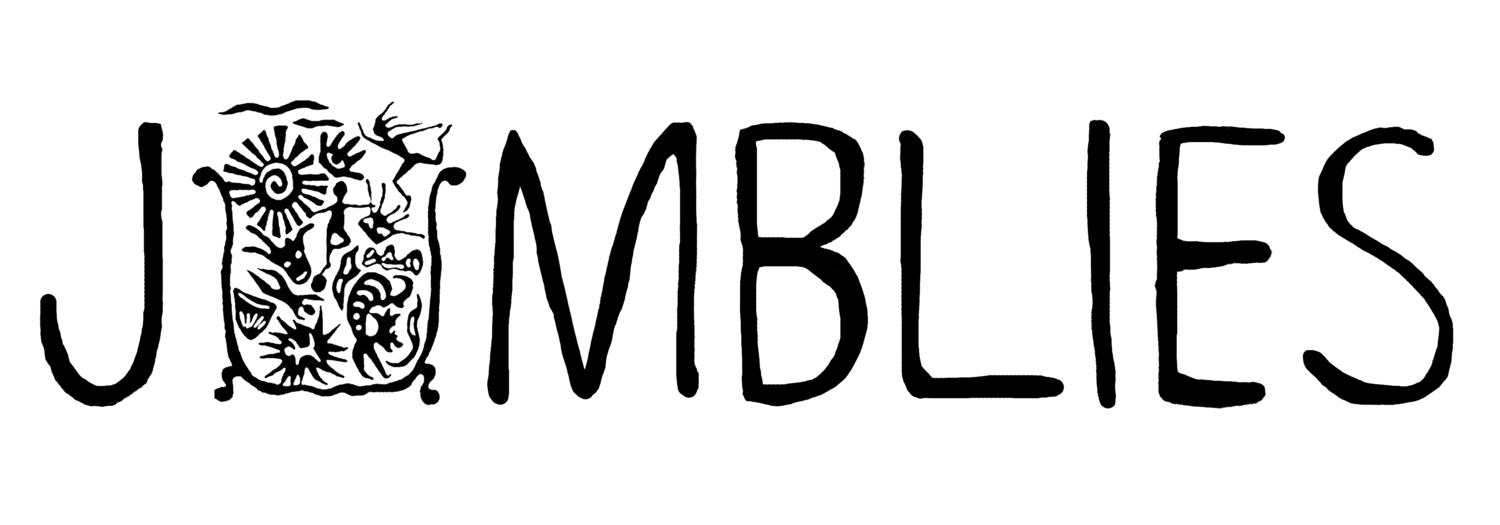History
by Ruth Howard
Grounds for Goodness begun when I read two books - Countrymen and The Fragility of Goodness - respectively about the saving of Danish and Bulgarian Jews during the Holocaust by citizens of those countries. I became intrigued by these and other instances that run against the grain of my and many people's assumptions about history and human nature. I have a strong personal and professional investment in this subject matter. Growing up in the 1950's and 60's, the child of a German Jewish Holocaust refugee/survivor and an experimental psychologist, I was raised on evidence that groups of people tend to do atrocious things towards each other, with heroism and goodness being individual exceptions (often resulting in death). I was told at a young age about Milgram’s electric shock experiments and understood such cautionary tales as attempts by survivors to explain how the Holocaust could have happened. My own uncle (Henri Tajfel, both social psychologist and Holocaust survivor), famously coined the term "social identity theory". Stories that demonstrate social tendencies towards good actions by one group towards another were, therefore, fascinating to me, and caused me to reflect that my own life's work is predicated on the assertion that bringing people together can foster commonality rather than division. In fact, community arts can be seen as a sort of ongoing, unruly social psychology counter-experiment.
I proposed and set out to investigate and play with various strands pertaining the notion of ‘social goodness’ - historical events, folk tales, academic theories, various people's responses and opinions - generating an eclectic assemblage of materials, and discovering compelling and unpredictable ways to distil and express them through art. The project grew from personal research and thought into a larger community arts project, a multiplicity of stories, and a repertoire of artistic activities to invite people into the process.
In March 2020, the coming of Covid 19 presented an immersive case-study of group behaviour and instances of social goodness in times of crisis. The project adapted to virtual modes: online and remote with partners and people in Toronto, Northern Ontario, New York and Vancouver. All this lead to an ever-growing collection of digital material. The finale of Grounds for Goodness, was to February 2022: a two-week installation, workshops and performances of our eclectic suite of new works, at Mississaugas Small Arms Inspection Building, as well as via a live stream channel, with many partners and participants. Following this, Grounds for Goodness continues to visit and revisit some places in ways that weren’t possible during the pandemic, while we also attend to project archives and legacy.
In the 2023-24 season Grounds for Goodness has been revived, led by Ruth Howard, to travel to new places and partners: to Halifax (with Wonder'Neath in November 2023), Ottawa (with No Borders Arts Festival & Gallery 101 in March 2024), Thunder Bay (with Betty Carpick and other artists in April 2024), Haliburton (with Rails End Gallery in May-June 2024), and Stratford (with SpringWorks Festival in Summer/Fall 2024).


